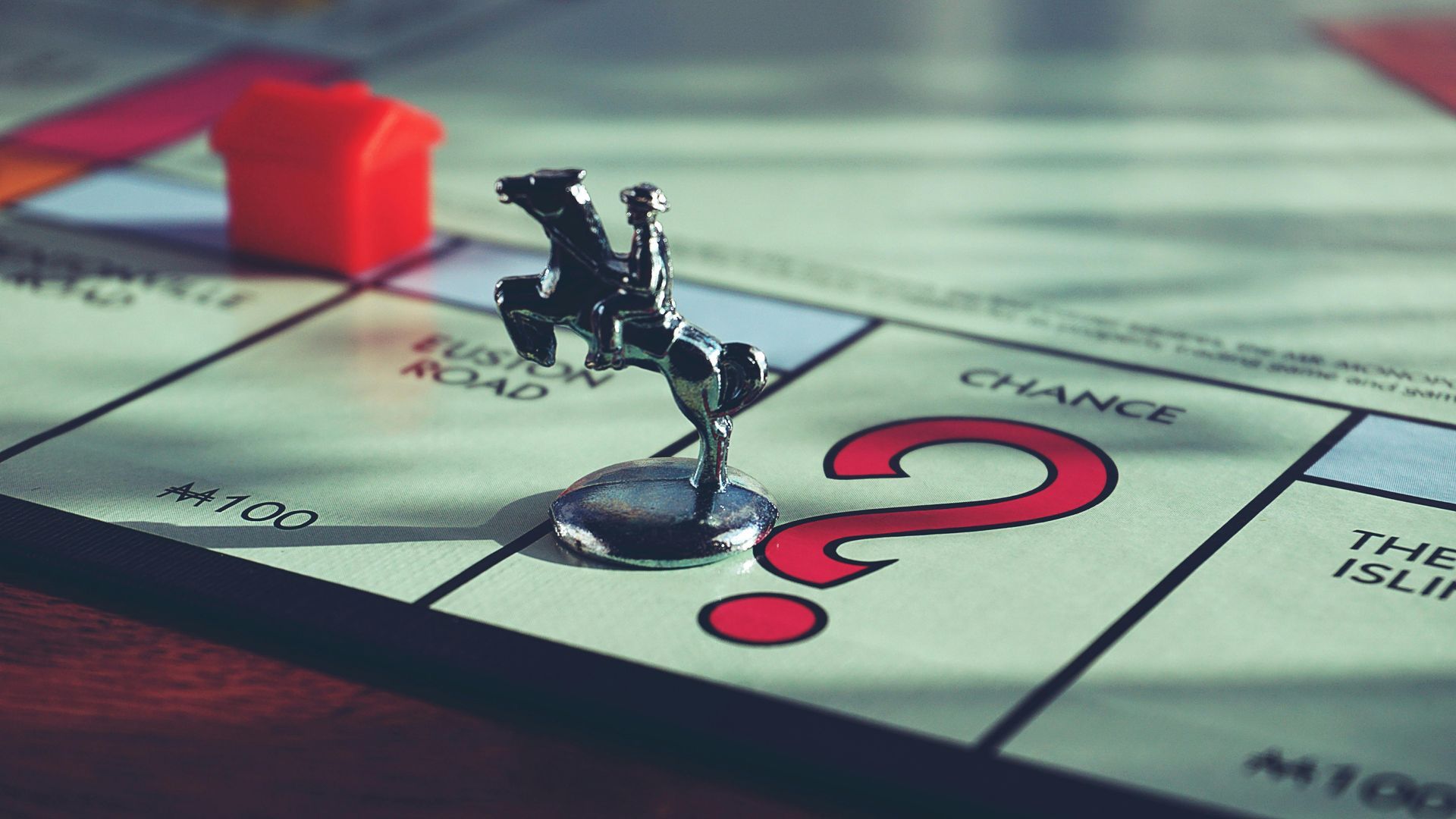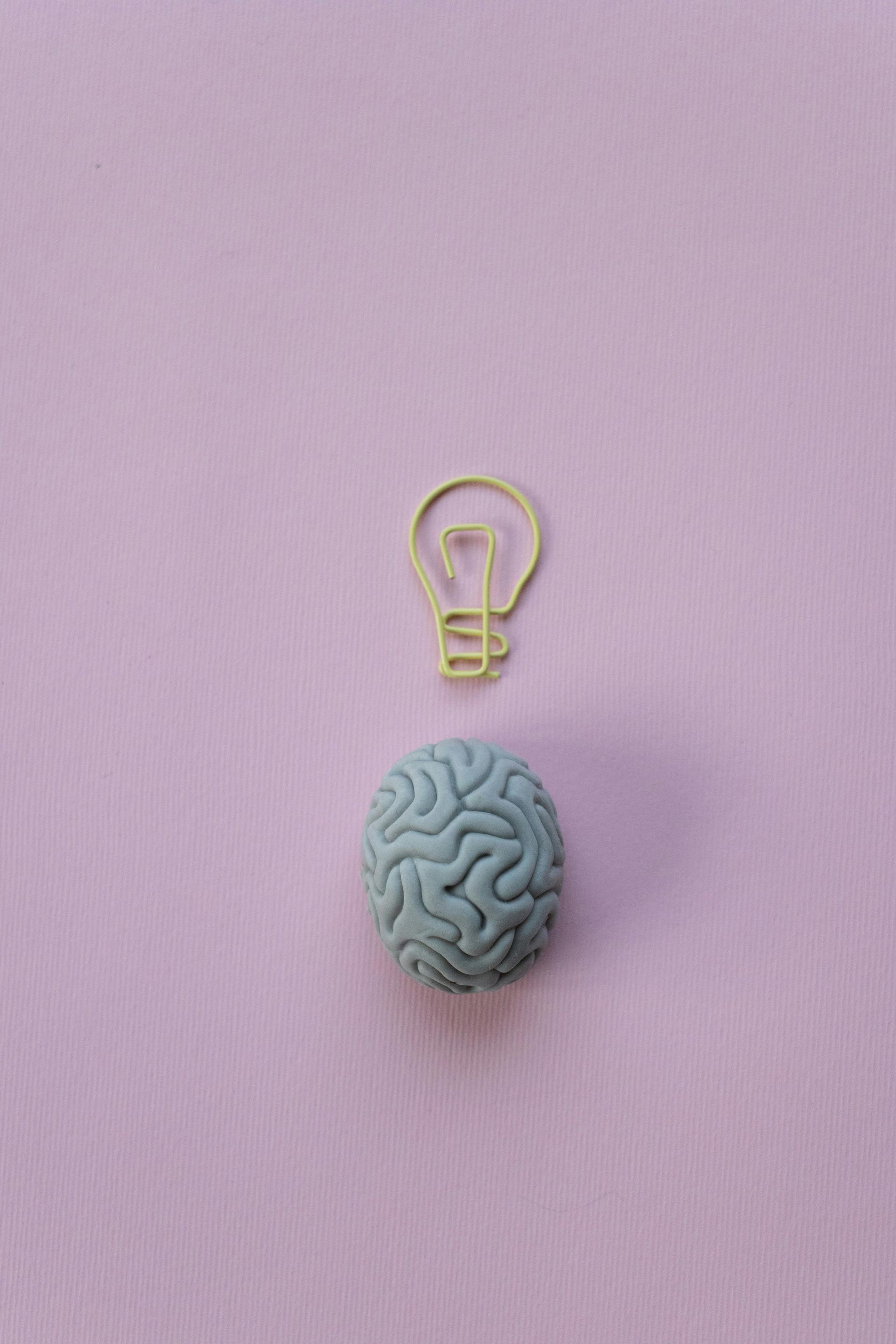Introduction
In today's fast-paced and stressful world, maintaining good mental health has become a crucial aspect of our overall well-being. While there are various strategies to support mental health, one powerful and accessible tool stands out: exercise. Research has consistently shown a strong connection between exercise and mental health, demonstrating its ability to improve mood, reduce symptoms of anxiety and depression, enhance cognitive function, and promote overall mental well-being. In this blog post, we will delve into the profound benefits of exercise for mental health, explore how it affects our brain, delve into why exercise is so impactful, and provide examples of exercises that can be incorporated into your routine to improve mental health and brain function.
Benefits of Exercise for Mental Health
Improved Mood and Reduced Symptoms of Depression
Engaging in regular exercise has been proven to boost mood and alleviate symptoms of depression. Physical activity stimulates the release of endorphins, often referred to as "feel-good" hormones, which can enhance feelings of happiness and well-being. Exercise also promotes the growth and connectivity of neurons in the brain regions associated with mood regulation, such as the hippocampus.
Reduced Anxiety and Stress
Exercise serves as a natural stress reliever and anxiety reducer. Physical activity helps to reduce the levels of stress hormones, such as cortisol, while increasing the production of neurotransmitters like serotonin, which contributes to feelings of relaxation and calmness. By engaging in exercise, individuals can effectively manage and reduce their anxiety levels, leading to improved mental health.
Enhanced Cognitive Function
Regular exercise has a profound impact on cognitive function and brain health. It improves memory, attention, and concentration, as well as enhances creativity and problem-solving abilities. Exercise promotes the production of growth factors that support the development of new neurons and strengthen existing neural connections, ultimately leading to improved cognitive performance.
Increased Self-Esteem and Body Image
Exercise plays a pivotal role in fostering a positive self-image and boosting self-esteem. Engaging in physical activity can improve body image, as it helps individuals feel stronger, more confident, and in control of their physical well-being. This positive self-perception contributes significantly to mental health and overall well-being.
Better Sleep Quality
Exercise has a positive impact on sleep quality and can alleviate sleep disorders such as insomnia. Physical activity helps regulate the sleep-wake cycle, promotes relaxation, and reduces the symptoms of sleep deprivation. By incorporating exercise into their routine, individuals can experience more restful sleep, which is crucial for mental health and cognitive function.
How Exercise Affects the Brain
Neurotransmitter Regulation
Exercise influences the levels and activity of various neurotransmitters in the brain, including serotonin, dopamine, and norepinephrine. These neurotransmitters are crucial for regulating mood, motivation, and overall mental well-being. By engaging in regular exercise, individuals can help balance these neurotransmitters, leading to improved mental health.
Neuroplasticity and Brain Structure
Exercise stimulates neuroplasticity, which refers to the brain's ability to adapt and reorganize itself in response to experiences and environmental changes. Physical activity promotes the growth of new neurons, increases synaptic plasticity, and strengthens neural connections. These processes contribute to improved brain structure, function, and overall cognitive performance.
Stress Reduction and Cortisol Regulation
Chronic stress can have detrimental effects on the brain and mental health. Exercise helps combat stress by regulating cortisol levels and reducing the impact of stress on the brain. By engaging in physical activity, individuals can lower their stress levels and protect their mental well-being.
Why Exercise is So Impactful for Mental Health
Biological Factors
Exercise has a direct impact on the biological mechanisms that influence mental health. It promotes the release of endorphins, neurotransmitters, and growth factors that contribute to positive mental states, improved mood, and enhanced cognitive function. These biological changes have a profound impact on mental health outcomes.
Social Interaction and Support
Many forms of exercise provide opportunities for social interaction and support, which are vital for mental health. Group exercises, sports, and fitness classes allow individuals to connect with others who share similar interests, providing a sense of community, support, and camaraderie. The social aspect of exercise contributes to improved mental well-being and can combat feelings of loneliness and isolation.
Empowerment and Sense of Control
Engaging in regular exercise empowers individuals and gives them a sense of control over their physical and mental well-being. By setting goals, tracking progress, and witnessing improvements in strength, endurance, or overall fitness, individuals develop a sense of achievement and control over their lives. This empowerment positively impacts mental health and fosters a resilient mindset.
Types of Exercises to Improve Mental Health and Brain Function
Aerobic Exercises
Aerobic exercises, such as running, swimming, cycling, or dancing, are particularly effective for improving mental health. These activities increase heart rate and oxygen flow to the brain, stimulating the release of endorphins and enhancing cognitive function. Aim for at least 150 minutes of moderate-intensity aerobic exercise per week for optimal mental health benefits.
Strength Training
Strength training exercises, such as weightlifting or bodyweight exercises, have unique benefits for mental health. They promote the growth of new neurons, improve cognitive function, and increase self-esteem. Incorporate strength training exercises into your routine at least two days a week to experience these benefits.
Mind-Body Exercises
Mind-body exercises, such as yoga, tai chi, or Pilates, combine physical movement with mindfulness and relaxation techniques. These exercises reduce stress, promote mental clarity, and improve overall well-being. Practicing mind-body exercises for a few minutes each day can have a significant positive impact on mental health.
Outdoor Activities
Engaging in outdoor activities, such as hiking, gardening, or nature walks, provides additional benefits for mental health. Spending time in nature reduces stress, enhances mood, and promotes feelings of well-being. Incorporate outdoor activities into your exercise routine whenever possible to maximize mental health benefits.
Conclusion
Exercise is a powerful tool for improving mental health and promoting overall well-being. By engaging in regular physical activity, individuals can experience improved mood, reduced symptoms of anxiety and depression, enhanced cognitive function, and increased self-esteem. Understanding the link between exercise and mental health empowers individuals to take control of their well-being. Start incorporating aerobic exercises, strength training, mind-body exercises, and outdoor activities into your routine, and harness the transformative power of exercise for a healthy mind. Prioritize your mental health by prioritizing exercise.











